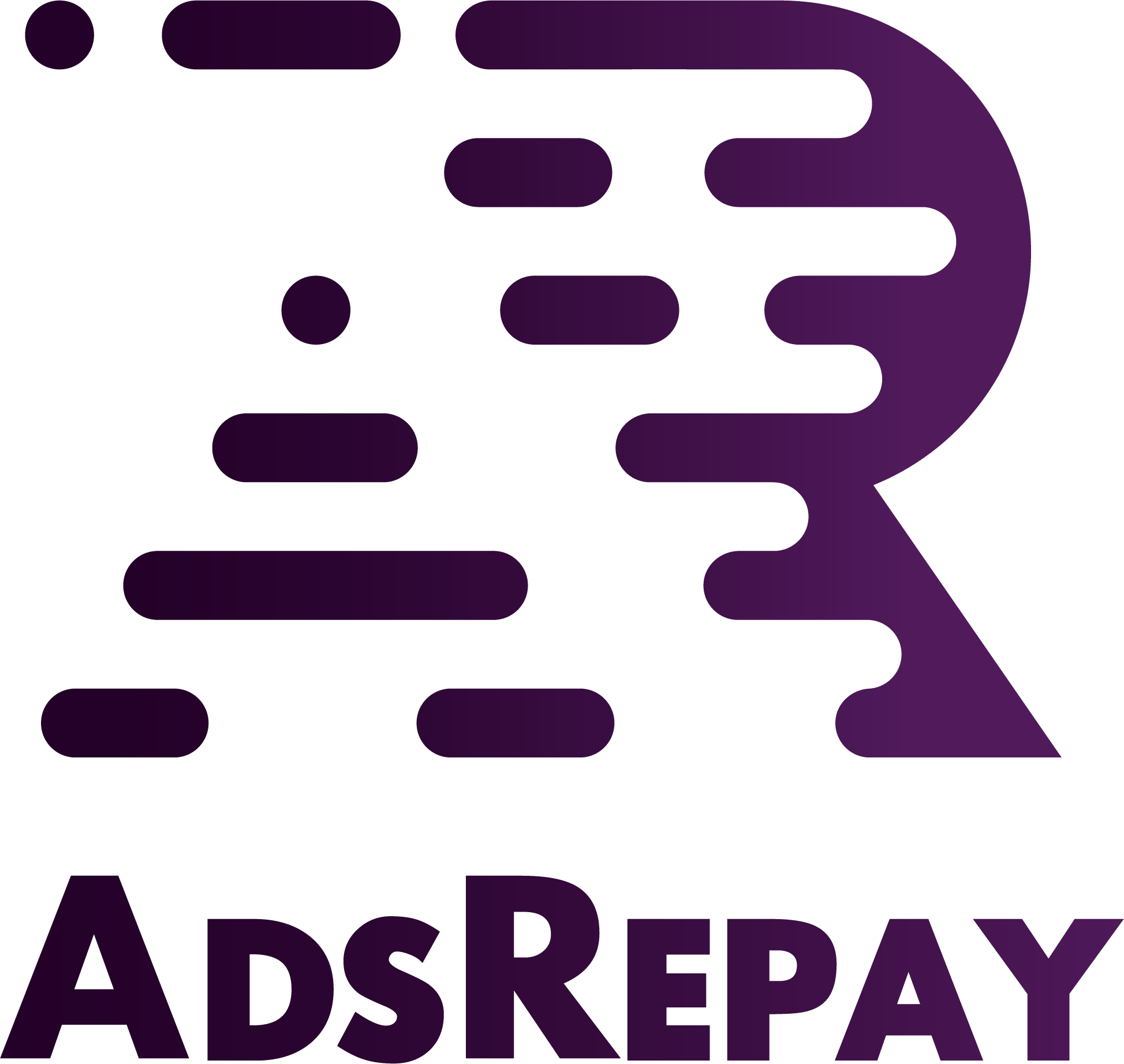Career development is a lifelong process that involves a series of phases, each characterized by distinct challenges, goals, and opportunities. Understanding these phases can provide valuable insights into where you are in your career journey and guide you toward making informed decisions and taking purposeful actions. In this blog post, we will explore the four phases of career development, helping you identify which phase you are currently in and offering guidance on how to navigate each phase effectively.
Advertisement: “Ready to turn your spare time into extra income? AdsRepay.com is the answer! With a wide range of online tasks such as surveys, offers, games, and videos, you can earn money at your own pace. Cash-out via PayPal, cryptocurrency, or Amazon for ultimate convenience. Join AdsRepay.com today and maximize your earning potential!”
-
Exploration Phase:
The exploration phase is typically the starting point of one’s career journey. During this phase, individuals explore their interests, strengths, and values to gain clarity about their career aspirations. It’s a time of self-reflection, research, and exploration of various industries and occupations. This phase involves assessing personal skills, values, and interests, as well as gathering information about different career options through online research, informational interviews, and job shadowing. The key goal of the exploration phase is to gain a deeper understanding of oneself and the world of work, which will serve as a foundation for future career decisions.
-
Establishment Phase:
Once individuals have gained clarity about their career goals and interests, they enter the establishment phase. In this phase, the focus shifts towards building a solid foundation in the chosen career path. This often involves acquiring education, training, or relevant certifications to develop the necessary skills and knowledge. It’s a time of setting career goals, establishing a professional network, and gaining practical experience through internships or entry-level positions. The establishment phase requires dedication, persistence, and a proactive approach to learning and growth. It’s a crucial phase for building credibility and developing a strong professional reputation.
-
Advancement Phase:
The advancement phase is characterized by professional growth and the pursuit of higher-level roles and responsibilities. During this phase, individuals seek to expand their expertise, take on leadership positions, and make significant contributions to their field. This often involves pursuing advanced degrees, specialized certifications, or acquiring additional skills to stay relevant in a rapidly changing work environment. Networking becomes even more critical during this phase, as individuals seek mentors, sponsors, and opportunities for collaboration and visibility. The advancement phase requires strategic career planning, continuous learning, and a willingness to take calculated risks.
-
Maintenance Phase:
The maintenance phase occurs when individuals have achieved a certain level of success and stability in their careers. This phase focuses on sustaining and enhancing professional achievements while finding a balance between work and personal life. Individuals in the maintenance phase may aim to deepen their expertise in their chosen field or explore new avenues for personal and professional growth. They often mentor and support others in their career journeys and may contribute to their professional community through thought leadership or volunteering. The maintenance phase is about finding fulfillment and maintaining a sense of purpose in one’s work.
Conclusion:
Understanding the four phases of career development—exploration, establishment, advancement, and maintenance—provides a framework for self-assessment and strategic planning. Recognizing which phase you are currently in can help you set realistic goals, make informed decisions, and take deliberate actions to move forward in your career. Remember, career development is not a linear path, and individuals may move between phases or experience them concurrently. Embrace the challenges and opportunities that each phase brings, and be open to continuous learning, adaptation, and growth. By navigating these phases with intention and purpose, you can build a fulfilling and successful career that aligns with your passions and aspirations.




